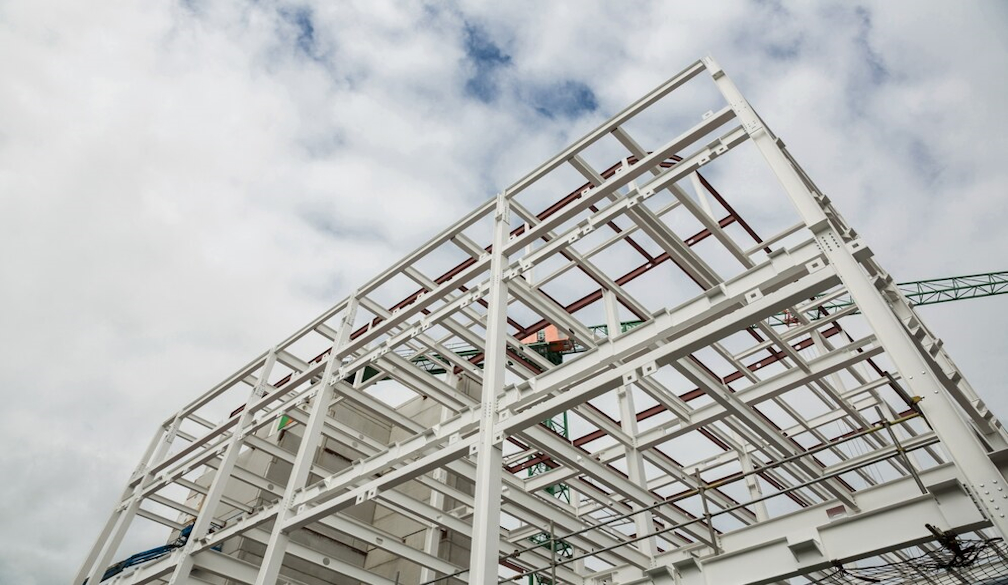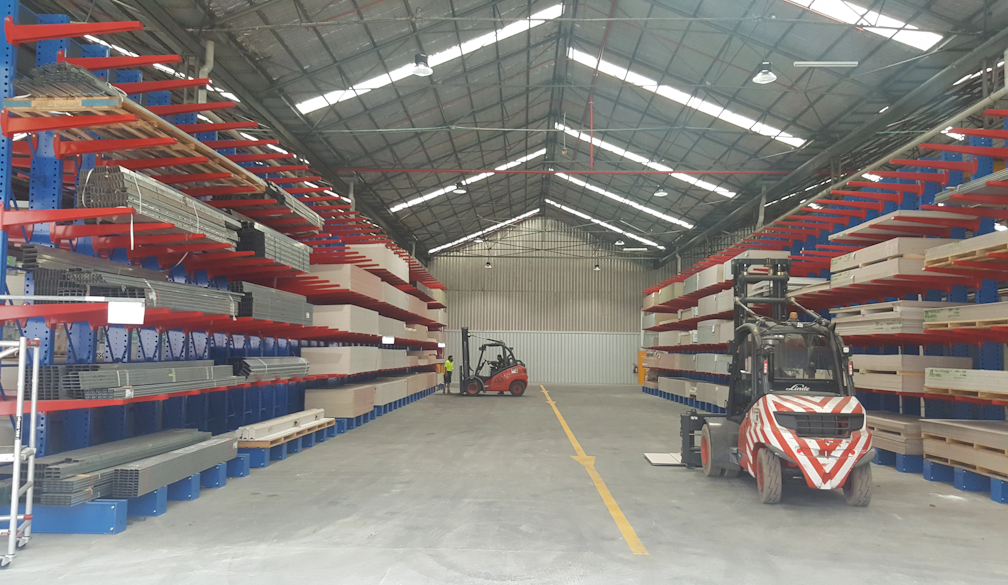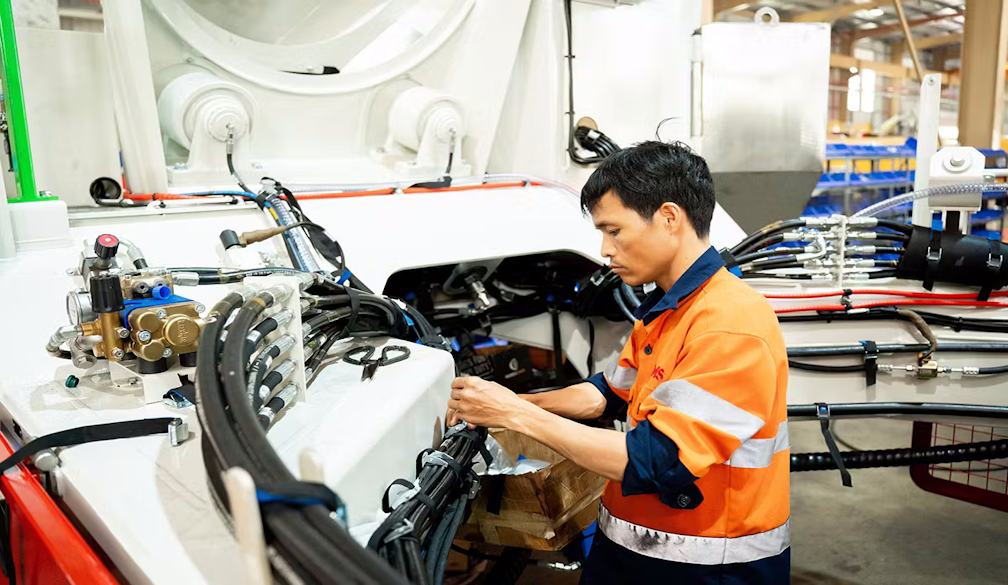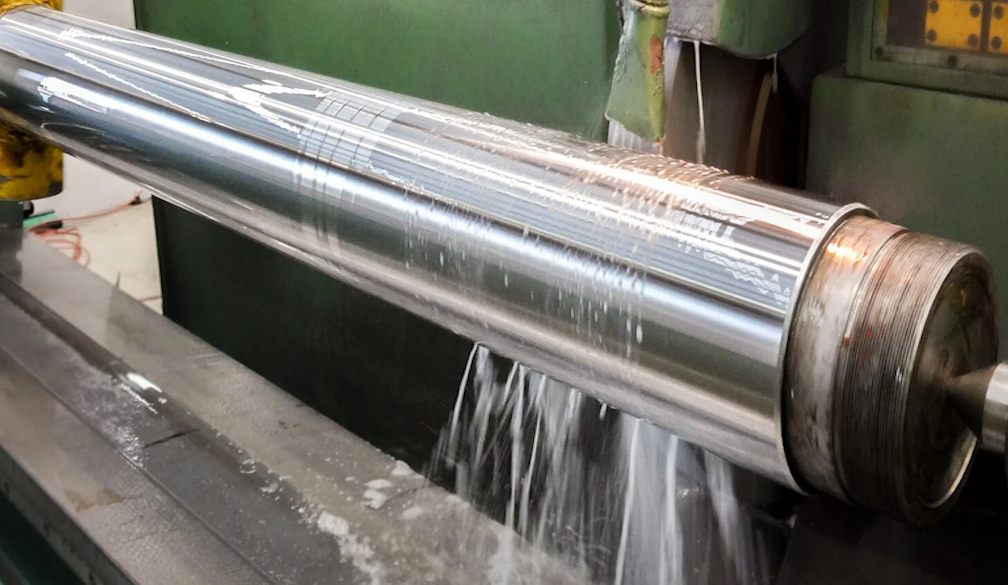Understanding Concrete Pumps: Essential Equipment for Your Construction Projects

Concrete plays a vital role in modern construction, forming the backbone of structures ranging from residential buildings to large commercial complexes. Among the essential tools for handling and applying concrete are concrete pumps, which streamline the process of transporting concrete from mixers to various points on a job site. This blog will explore the different types of concrete pumps, their applications, benefits, and considerations for selecting the right one for your construction needs.
What Are Concrete Pumps?
Concrete pumps are specialized machines designed to transfer liquid concrete by pumping it through pipes and hoses. They ensure efficient and accurate delivery of concrete, which is critical for achieving high-quality finishes and meeting project timelines. Using concrete pumps can significantly reduce the time and labor required for pouring concrete, making them a popular choice in the construction industry.
Types of Concrete Pumps
- Boom Pumps: These are large, truck-mounted pumps with an extendable arm (or boom) that can reach various heights and distances. Boom pumps are ideal for large construction sites, such as high-rise buildings, where precision and reach are necessary. The articulated arm allows operators to place concrete in hard-to-reach areas without needing additional equipment.
- Line Pumps: Unlike boom pumps, line pumps are smaller and typically mounted on a trailer or truck. They rely on a series of hoses to transfer concrete. Line pumps are versatile and can be used for smaller projects, such as residential foundations, driveways, and swimming pools. Their mobility makes them suitable for tight spaces where larger equipment cannot operate.
- Static Pumps: These pumps are not mounted on a vehicle and are often used for specific applications where a stationary setup is beneficial. Static pumps are commonly used in conjunction with other equipment to achieve precise concrete placement over long distances.
Applications of Concrete Pumps
Concrete pumps are used in various applications across the construction industry, including:
- Residential Construction: For pouring foundations, slabs, and walls, concrete pumps enable precise delivery, ensuring an even distribution of material.
- Commercial Projects: In commercial construction, concrete pumps facilitate quick and efficient placement of concrete for floors, columns, and walls, helping to meet tight project deadlines.
- Infrastructure Development: Concrete pumps play a crucial role in infrastructure projects, such as bridges, tunnels, and roads, where large volumes of concrete need to be poured quickly and efficiently.
- Specialized Applications: In addition to standard construction, concrete pumps can be adapted for unique applications, such as shotcrete for tunnels and retaining walls, or decorative concrete for artistic finishes.
Benefits of Using Concrete Pumps
- Efficiency: Concrete pumps significantly reduce the time required for concrete placement, allowing for faster project completion.
- Labor Savings: By automating the delivery process, concrete pumps minimize the need for manual labor, reducing overall labor costs.
- Precision: The ability to control the flow of concrete ensures that it is placed exactly where needed, reducing waste and ensuring a high-quality finish.
- Versatility: Concrete pumps can be used in various applications and settings, making them suitable for different types of projects, from small residential jobs to large commercial endeavors.
- Improved Safety: By reducing the need for manual lifting and transportation of heavy materials, concrete pumps enhance safety on construction sites.
Selecting the Right Concrete Pump
When choosing a concrete pump for your project, consider the following factors:
- Project Size and Scope: Assess the scale of your project to determine whether a boom pump or a line pump is more suitable.
- Site Conditions: Evaluate the accessibility of the job site. If space is limited, a line pump may be more appropriate.
- Volume of Concrete: Consider the amount of concrete needed and choose a pump that can handle the required volume within the desired timeframe.
- Budget: Establish a budget for your equipment rental or purchase, as prices can vary significantly based on the type and capabilities of the pump.
Conclusion
Concrete pumps are indispensable tools in modern construction, providing efficient, precise, and safe solutions for concrete placement. Understanding the different types of concrete pumps and their applications can help you make informed decisions for your projects.
If you’re looking for high-quality concrete pumps that meet the demands of your construction needs, exploring various options available in the market will ensure you find the right equipment to enhance your workflow.
Future Trends in Concrete Pumping
As technology advances, the concrete pumping industry is evolving. Innovations such as automated pumping systems, real-time monitoring, and improved materials will likely enhance the efficiency and capabilities of concrete pumps in the future. Staying updated on these trends will ensure you’re equipped with the best tools for your construction projects.








